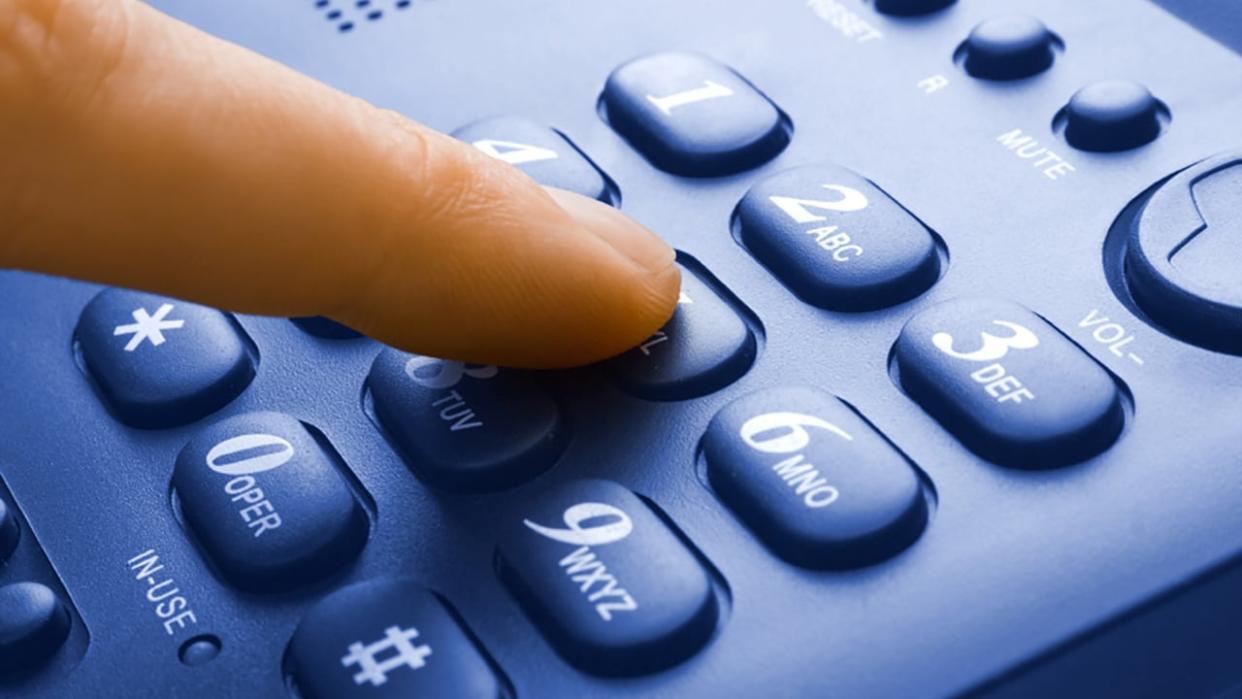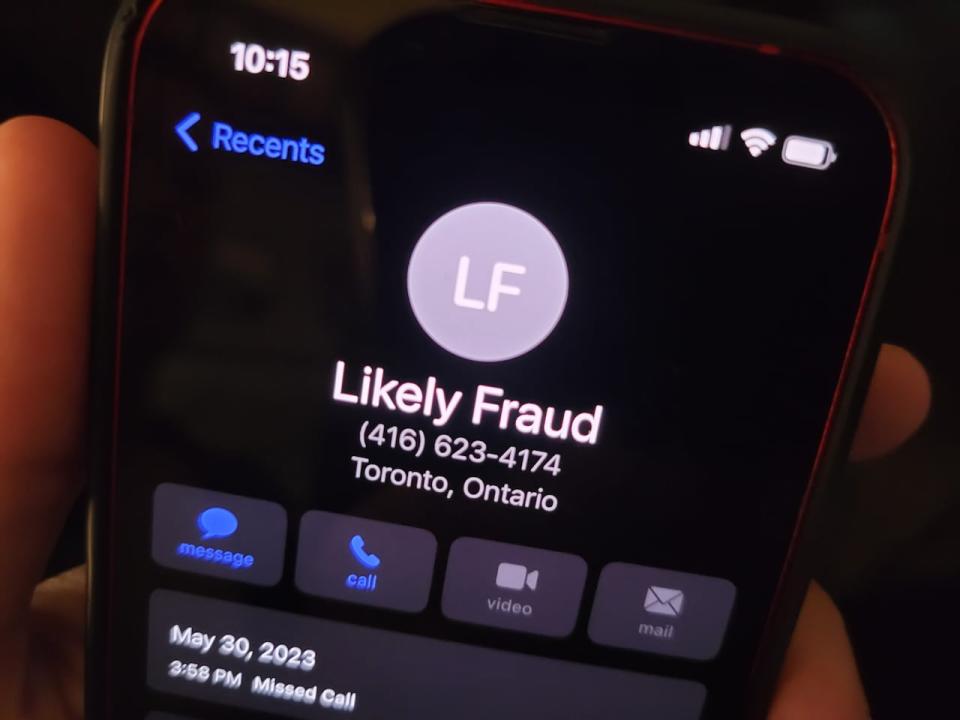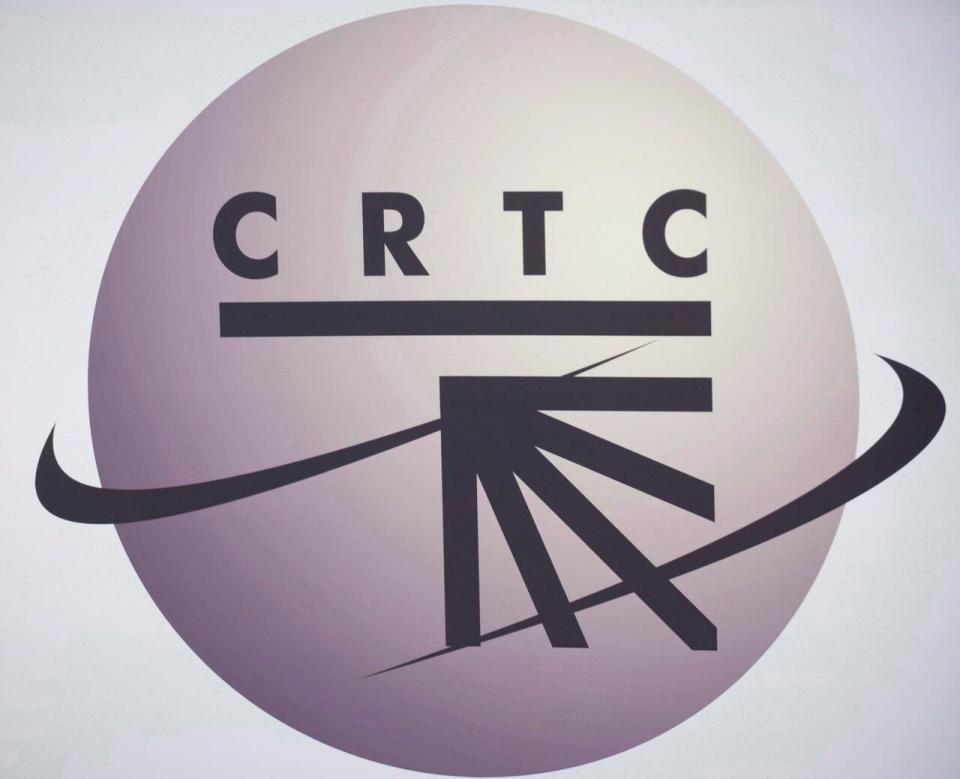People in N.L. fight back against scam calls as RCMP arrests one suspected culprit in Gander


Some frustrated phone owners in Newfoundland are beginning to fight back against scam calls. (CBC)
While scam calls usually prey on unsuspecting people, one scam victim tricked the scammer in Gander earlier this week.
According to the RCMP, the victim received a phone call from an individual using technology to mimic the voice of their grandchild, saying they needed money for bail. A second person, posing as a lawyer, arranged for someone to come to the victim's home to pick up the money.
After the money was picked up, the victim received a second call, informing them that more money was needed. At this point, the victim became suspicious and contacted police.
When the scammer arrived at the house for the second sum of money, the police were waiting there and arrested him.
A 34-year-old man from Quebec is now facing two charges of fraud over $5,000.
In a press release, the RCMP said officers are working on identifying a second individual involved and are investigating a number of reports of related frauds in the area. They say further charges are possible.
St. John's woman tracking unwanted calls
Meanwhile, a St. John's woman has been tracking the number of unwanted — and possibly scam-related — calls she receives.
Lisa Piercey says she's received 78 calls of that nature in less than two weeks.
"I don't know what the heck to do," she said. "I don't know who they are. I'm sure they're scammers."
"Why my number? Where the heck did they get my number? And how are numbers chosen by these scammers?"

Lisa Piercey has been tracking spam calls to her house after receiving an onslaught of them in September. She says many of the calls seem to originate from Toronto. (Shawn Benjamin/CBC)
With so many questions and no answers, Piercey began to track the calls in a spreadsheet.
"There were so many of them that I thought somewhere down the line, someone, I hope, is going to say, 'Well, let's have a look at these numbers.'"
As it would turn out, Piercey found that the people she thought would be interested in the spreadsheet didn't really care.
"I initially called CRTC because they block calls, but they told me that they can only block legitimate telemarketing calls," she said.
"They also said that often these telemarketing calls I'm getting can originate from real numbers that the scammers have managed to take over and they don't have any way to look after that."
That's when Piercey turned to Bell Aliant, her phone service provider. They told her they would report it to the CRTC on her behalf, despite her having already done so.

Lisa Piercey attempted to contact the CRTC and present them with info about the numbers calling her, however she was told the regulatory body can only block telemarketers. (Graham Hughes/The Canadian Press)
"Virtually, we were told there's nothing that can be done," Piercey said.
Her spreadsheet has helped her notice some trends with the calls as well, with 20 per cent of them having a 647 area code, which originates from Toronto.
However, data from the spreadsheet also makes Piercey believe that the scammers are using technology to fake the telephone numbers.
"Some will come in with, say, the last four digits as 4601. Then immediately on the heels of that, you'll get 4602, then 4603."
Though Piercey continues to track the calls, she said it doesn't really address the issue.
"My husband has cancer. He has a lot of appointments and many of his appointments are on the phone," she said.
"He missed a call from Sunnybrook Cancer Centre in Toronto. Because it fell in the midst of all these calls, he couldn't get to the phone in time to check. And thinking it was just a nuisance call, he let it go."
Piercey said something needs to be done.
"Surely the phone companies have to bear some responsibility to stop this kind of harassment," she said.


